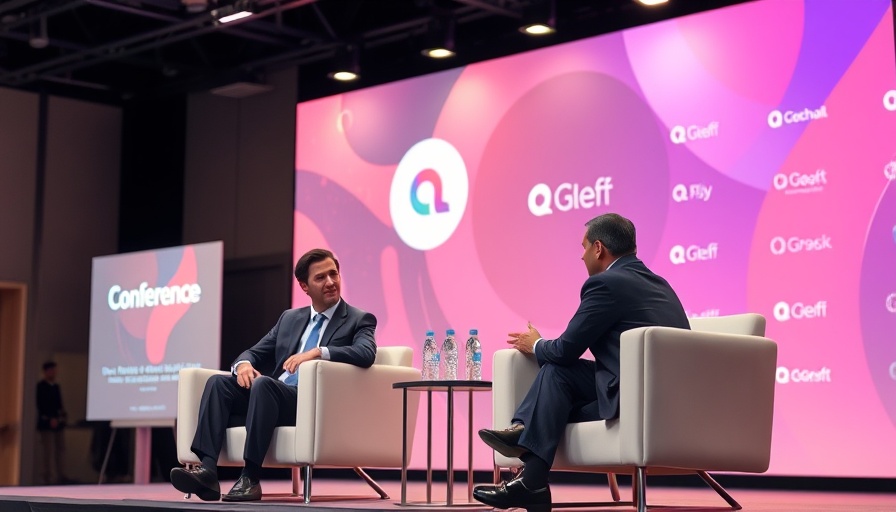
Big Tech Under Fire: Epic Games CEO's Bold Claims
In a powerful address at a Y Combinator event, Tim Sweeney, CEO of Epic Games, did not hold back. He labeled tech giants Apple and Google as "gangster-style businesses," claiming their practices not only stifle competition but also harm creators and users alike. Sweeney's remarks come against a backdrop of ongoing legal battles where Epic has sought to challenge the monopolistic behaviors of these corporations. This article delves into Sweeney's claims, the implications for the tech landscape, and the broader conversation on market competition.
Shifting the Narrative: Legal Battles and Market Dynamics
Epic Games has positioned itself as a frontline advocate against the monopolistic tendencies of major tech companies. In recent years, the company has sued Apple and Google for alleged anti-competitive practices relating to their app stores. While Epic emerged victorious in its case against Google, winning a judgment that imposed changes to app store regulations, its fight with Apple continues. The courts required Apple to allow developers to link to alternative payment methods, yet the implementation appears to favor Apple's interests. According to Sweeney, punitive fines have become just another cost of doing business for these tech giants.
The Real Impact: Devastating Drop-off Rates
For developers like Epic, the ramifications of these practices are profound. When users attempt to install the Epic Games Store on their Android devices, a warning message appears, labeling the app as coming from an "unknown source." This skews consumer perception and leads to a staggering 50-60% drop-off rate in installations. The same fate awaits potential iOS users; despite new European regulations allowing the Epic store, Apple’s notifications deter users. This self-preferencing behavior has sparked widespread criticism, highlighting the need for regulatory reforms that foster true competition in the application marketplace.
The Economic Landscape: Developers' Concerns
Sweeney's arguments are bolstered by real economic consequences for developers. With Apple imposing fees beyond its traditional 30% cut, such as a core technology fee for high-traffic apps, the landscape for smaller developers becomes increasingly hostile. As Sweeney pointed out, without significant revenue per user, many free-to-play games are dissuaded from using the Epic Games Store. This not only stunts their growth but also limits consumer choices.
Future Trends: What Lies Ahead for Competition in Tech?
Looking toward the future, it’s essential to consider how Sweeney's criticisms could reshape the technology landscape. As more eyes turn to regulatory bodies and the courts for action, there exists a growing expectation for reforms. The ongoing evolution in competition laws could eventually lead to a more equitable environment for developers, encouraging innovation and offering consumers broader choices. How policymakers respond remains to be seen, but the momentum evident in public discourse indicates that a shift may be on the horizon.
Voices from the Ground: Developer Perspectives
Many developers resonate with Sweeney’s experiences, sharing common frustrations that highlight the challenges they face in today’s marketplace. The sense of a rigged system where a few companies control distribution channels has fueled conversations about alternatives to established app stores. It raises fundamental questions about fairness and the nature of competition in technology, reflecting a growing discontent among creators.
Conclusion: The Call for Action
As the battle for a fairer tech ecosystem unfolds, it's vital for consumers and developers to remain informed and engaged. Understanding the current dynamics is essential for pushing for change that fosters competition, accountability, and integrity within the tech industry. With strong advocates like Tim Sweeney leading the charge, the conversation surrounding monopolistic behaviors is set to intensify.
Join the conversation and advocate for change in the tech industry!
 Add Row
Add Row  Add
Add 



Write A Comment